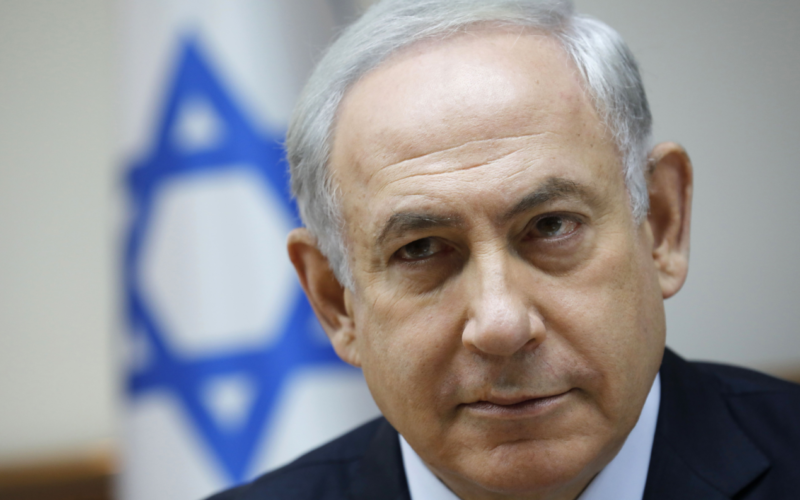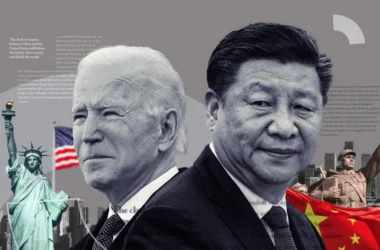Israeli Prime Minister Benjamin Netanyahu has declared that Israel’s response to the recent Hamas onslaught will bring about significant changes in the Middle East. The remarks come in the wake of escalating violence between Israel and the Palestinian militant group Hamas, resulting in hundreds of casualties and ongoing hostilities. Netanyahu’s statement reflects Israel’s determination to address the security challenges posed by Hamas and its strategic objectives in the region.
The recent wave of violence began when Hamas militants launched a major attack on Israeli towns, marking one of the deadliest incursions since the Yom Kippur War 50 years ago. The attack resulted in the deaths of several Israelis, including civilians, and led to the abduction of dozens more. In response, Israeli forces intensified air strikes targeting various Hamas installations and key figures in Gaza, resulting in the loss of hundreds of lives, including innocent civilians.
Prime Minister Netanyahu, while addressing the situation, vowed to exact “mighty vengeance” in response to Hamas’s actions. He emphasized that the price paid by the Gaza Strip would be severe and would have far-reaching consequences for generations. This statement underscores Israel’s commitment to protecting its citizens and addressing security threats posed by militant groups operating in the region.
As the violence continues to escalate, appeals for restraint and de-escalation have come from the international community. Various nations, including Western countries, have called for a cessation of hostilities. However, responses to the conflict have been mixed, with Western nations largely expressing support for Israel, while Iran, Hezbollah, and some Middle Eastern nations have voiced support for Hamas.
The conflict has also spilled beyond the borders of Gaza. Israeli forces engaged in exchanges of artillery and rocket fire with Lebanon’s Iran-backed Hezbollah militia. Additionally, in Egypt, two Israeli tourists were tragically shot dead along with a guide.
Netanyahu’s assertion that Israel’s response will “change the Middle East” carries significant implications for regional dynamics. The ongoing conflict may disrupt US-backed efforts to normalize relations between Israel and Saudi Arabia, potentially affecting Palestinian aspirations for self-determination and the influence of Hamas’s primary backer, Iran. The situation underscores the complex and interconnected nature of regional conflicts in the Middle East.
As Israel grapples with the consequences of the Hamas onslaught, Prime Minister Netanyahu’s commitment to a forceful response signals a determination to address security threats and protect Israeli citizens. The ongoing conflict has drawn international attention and prompted calls for restraint, but the situation remains fluid, with implications extending beyond the borders of Gaza. The Middle East’s geopolitical landscape is once again witnessing shifts, emphasizing the region’s enduring volatility and challenges.








